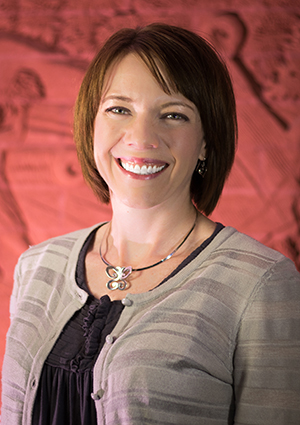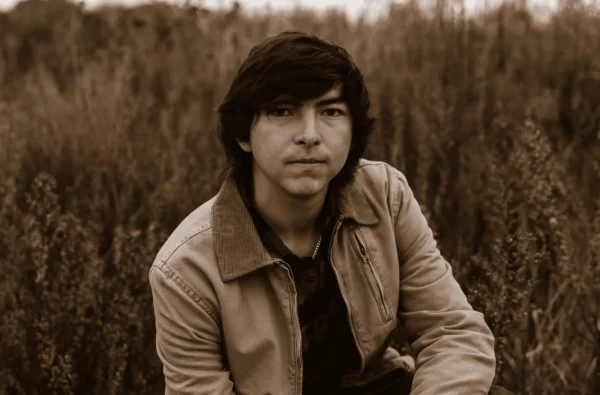What can I do? The final part

Photo courtesy of tarleton.edu
Caris Thetford
October 19, 2017
If you’ve been following this guest column, you’ve read about some of the dynamics of DV as well as why “just leaving” isn’t so easy. Now, to the good part – what you can do. As with all things in life, if you want to be part of the solution, the first step is to take a good, hard look at yourself.
In all your relationships (whether with a friend, family member or romantic partner) it’s important to pay attention to the way you interact with and react to others. Perhaps you’ve never raised your hand to another person – great. But as we’ve seen, there are myriad ways to harm another person other than physical violence, so don’t get too comfortable simply because you’ve never been violent.
Here are some questions to consider: Have there been times you felt threatened by something? Is it possible sometimes you try to exert control over your significant other—pressuring them to give up an activity or a friendship, for example—because you feel threatened? Are there times you’ve shamed or belittled your friend / family member / significant other? That’s not physical violence, but it’s also not healthy.
To be clear, most of us have engaged in some of the behaviors at some point. We’ve all said something we later regretted or reacted poorly to something. The key is whether we recognize that our behavior is a problem, make genuine amends, and work hard to do better, or if we let that be the beginning of a slippery slope.
Next, it’s important to call abuse and violence—or the early warning signs leading to abuse and violence—what they are when we see it or hear about it. That sounds obvious, but putting it into practice can be much harder. Consider this: maybe your friend tells you about getting angry with their significant other, and yanking their partner’s phone away as the partner was calling a friend for a ride home. But it’s your friend, and your friend is a good person. It might be tempting to chalk this up to an “off” night. Maybe your female friend got really jealous, screamed at her boyfriend, and shoved him. You might be tempted to shrug it off, thinking, “she can’t really hurt him.”
Minimizing, excusing and overlooking these behaviors isn’t helpful. Certainly, you don’t have to go to extremes and drop your friends or get confrontational, but you can find creative ways to let them know their behavior is surprising to you, and that it’s not normal. It might be as simple as, “Did you really do that? Have you apologized yet?” This short response does two things: lets the other person know you believe they were in the wrong, and lets them know you believe they should take responsibility for correcting that wrong. That’s a powerful message from a friend.
Finally, when thinking about how to help someone who’s being abused, it can be challenging to know what to say or do. First of all, know that you can’t fix the situation, and you don’t have to. But there are some things you can do to support your friend / loved one and let them know you’re ready to help when they are ready for your help:
• Let them know you’re concerned about their safety and want to help. Be caring and thoughtful in how you express your concern, and accept it gracefully if they don’t share your concern.
• Respect their decisions. If you shame someone for staying in a problematic relationship, you’re just decreasing the likelihood they will ever seek your help.
• Remind your friend that the abuse is not their fault. They may not believe you right away, but they need to hear it (again, in a caring and non- judgmental way).
• Help your friend connect with local resources that can help. On campus, students can access counseling
and / or advocacy through Student Counseling Services: 254-968-9044.
• Even when you feel like there’s nothing you can do, know that just being supportive and caring is important. Remember you can’t fix everything (you didn’t create the situation) but you can be ready to help when your friend gets to the point that he/she/they want help.
• Take good care of yourself so you don’t get overwhelmed and burned out with the situation. Not good
at self-care? Student Counseling Services can help: 254-968-9044.
Some of these solutions may seem small, and like they won’t fix a problem that feels really big. It’s true, we’re not going to eradicate DV overnight, and small actions alone won’t fix a problematic situation. But all culture change happens because of a buildup of small decisions and small actions. You can’t do everything, but you can do something. And, the more of us who commit to doing something and who take small actions to work toward a healthier community, the better off we will all be.




